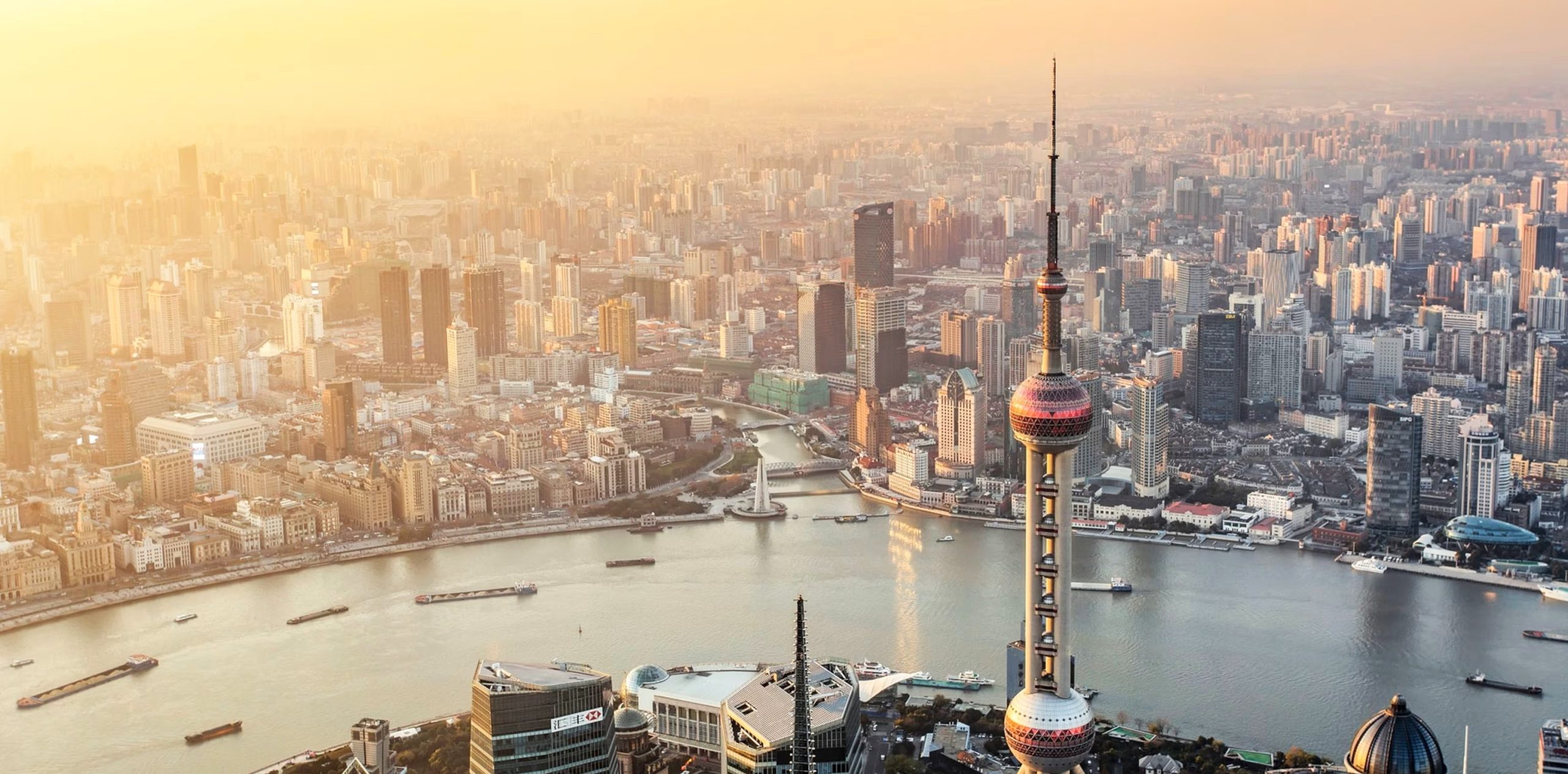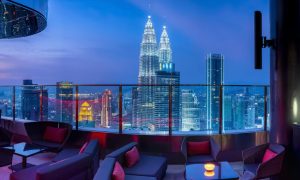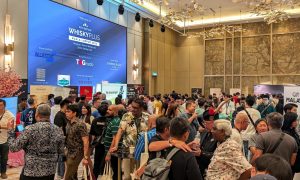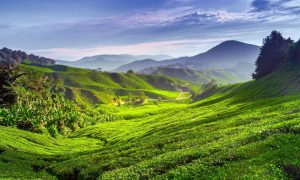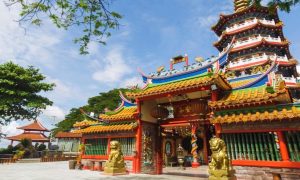Affordable living, welcoming cultures, and rewarding careers are drawing more expats to Asia than ever before, with many saying life here simply feels better.
The 2025 International Expat Insider Survey paints a clear picture of shifting global priorities. When over 10,000 expats from 172 nationalities were asked about life abroad, one factor stood out above all others: financial comfort. Where living costs are manageable, happiness tends to follow — and nowhere is that more apparent than in Asia. A recent article on BBC summed up the survey results, which paint an increasingly optimistic outlook for expat life in Asia.
Indeed, this year’s survey saw half of the world’s top 10 expat destinations located in Asia: Thailand, Vietnam, China, Indonesia, and Malaysia. While Latin American countries still dominate the upper ranks, Asia’s mix of affordability, quality of life, and work opportunities has made it the new frontier for those seeking balance between comfort and adventure.
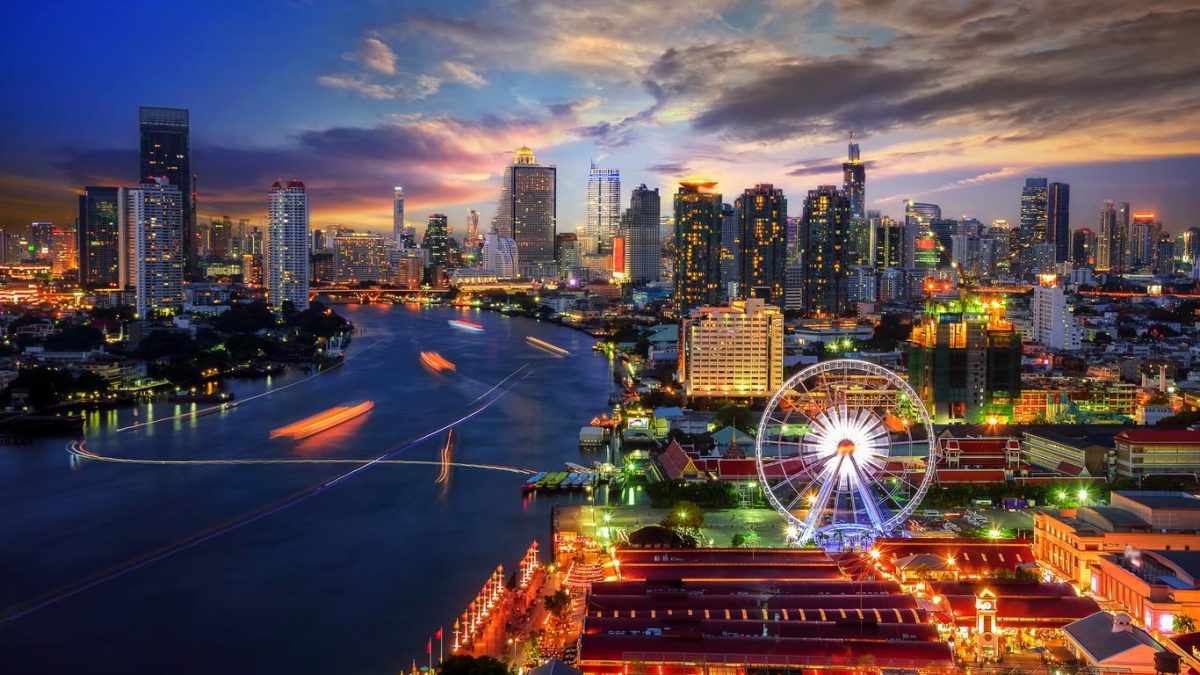
Top 10 Countries for Expats in 2025
- Panama
- Colombia
- Mexico
- Thailand
- Vietnam
- China
- United Arab Emirates
- Indonesia
- Spain
- Malaysia
Source: International Expat Insider Survey 2025
CHINA’S MODERN DRAW
China’s jump to sixth place this year — up from 19th in 2024 — reflects both optimism and adaptation. Expats continue to be drawn to its career prospects, solid salaries, and impressive infrastructure, though experiences vary greatly from city to city.
“Shanghai is an amazing spot for expats,” said Dutch expat and travel blogger Chris Oberman. “There are countless international groups, bars, and workplaces where you can connect easily.” Beijing, meanwhile, offers a slower pace steeped in traditional charm, though its foreign community is smaller.
Belgian expat Wouter Mayeur, who has lived in both Hong Kong and Shenzhen, describes the contrast vividly. “Hong Kong is vibrant, full of incredible food and endless shopping. Shenzhen feels more futuristic, with wide roads, clean streets, and tech companies everywhere. It’s one of the easiest cities in China to get around.”
Convenience is a defining feature of life in China. “If you buy something online and need to return it, just leave it outside your door and someone picks it up within hours,” said Oberman. “It’s such a time-saver.”
Still, flexibility is key. “Plans change quickly here,” he said. “Appointments move, bosses change their minds, restaurants open and close overnight — you learn to adapt fast.”
Even a little Mandarin goes a long way. “If you can say ‘good job’ or ‘this tastes good’ in Chinese, it breaks the ice right away,” Oberman added.
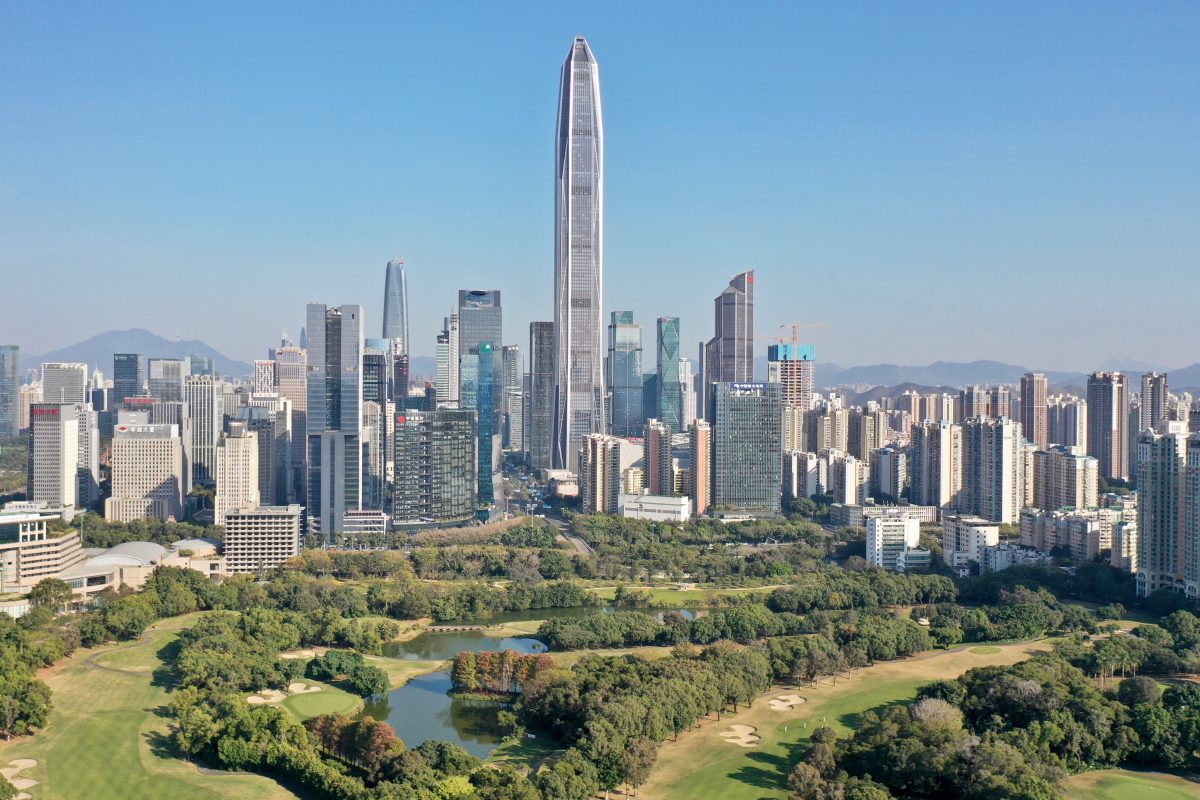
MALAYSIA’S EASY TRANSITIONS
Malaysia rounded out the global top 10 — a new entry in this year’s survey — thanks to strong scores in personal finance, housing, and ease of settling in. English is widely spoken, a major draw for new arrivals. Although it fell behind all the other Asian countries in the top 10, Malaysia still earned praise for its laid-back nature and ease of transition for expats moving to Asia.
“Moving here and fitting in is relatively easy,” said Australian expat Christine Reynolds, who works with relocation firm Expatsi. “It’s one of the smoothest landings you can have in Asia.”
Expats often gravitate to Kuala Lumpur and Penang, though interest in Sarawak on Borneo is growing. Malaysia’s diversity remains one of its greatest charms. “With cultural or religious festivals almost every week, you might hear the mosque’s call to prayer while standing beside a Hindu temple and smelling incense from a Chinese shrine nearby,” said American expat and writer Kirsten Raccuia. “It’s a mix you won’t find anywhere else.”
The country’s affordability also enhances everyday life. “You can rent a luxury apartment with a pool and gym for a fraction of what you’d pay in Singapore or Hong Kong,” Reynolds noted. “Then spend your weekends at beaches, in the jungle, or on short flights to Thailand or Bali.” (Or other appealing destinations in Malaysia, we might add.)
A healthy work-life balance also keeps expats content. “Malaysia lets you work hard, but also enjoy leisure and family time,” said Farah Jaber, general manager at Anantara Desaru Coast Resort & Villas. “It’s a place where career and lifestyle can genuinely coexist.”
For remote workers, the appeal is growing fast. Malaysia’s flexible digital nomad visa and reliable connectivity have made it one of the easiest bases in Southeast Asia for freelancers. Those seeking a longer-term move can apply under the Malaysia My Second Home (MM2H) programme, which offers favourable tax conditions for foreign income.
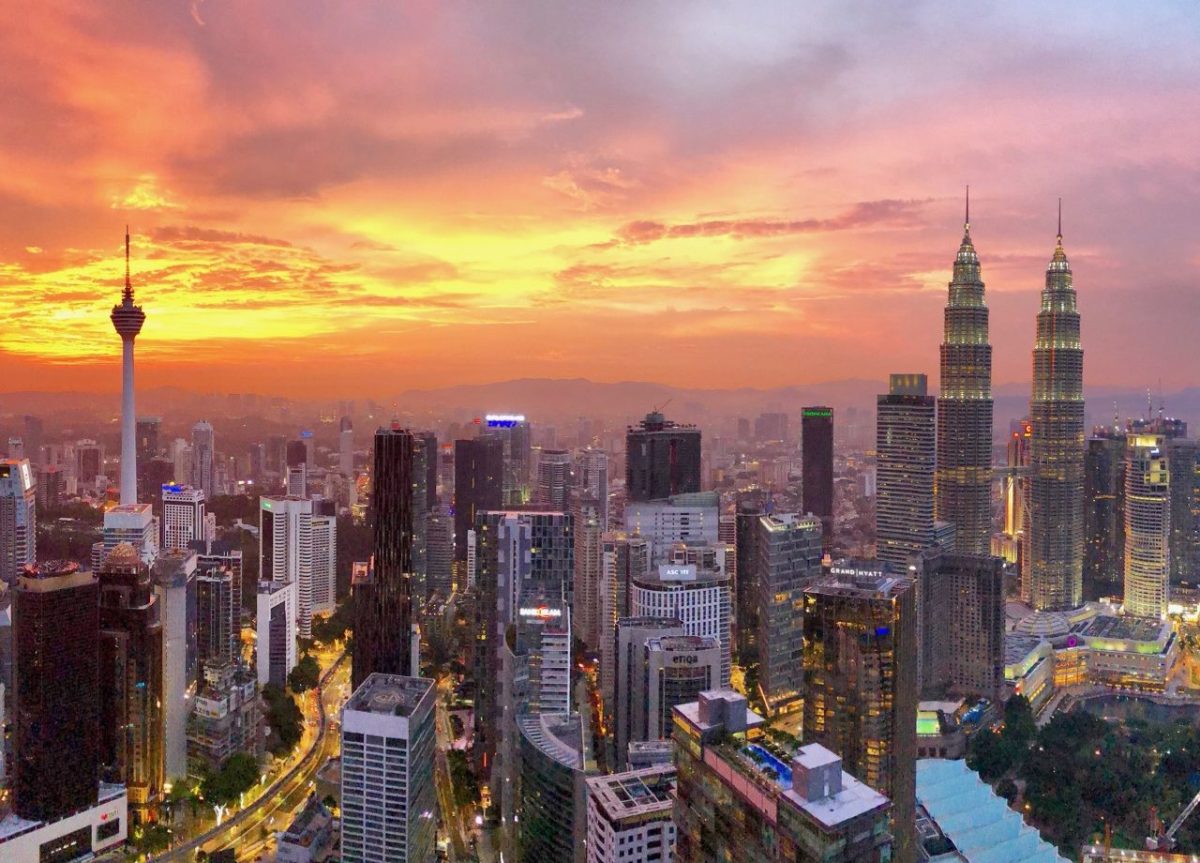
VIETNAM’S VIBRANT VALUE
Vietnam climbed to fifth overall, ranking first worldwide in personal finance — a direct reflection of how far a dollar stretches here.
“It’s about $360 a month for a studio apartment near the beach,” said American traveller Norman Bour, who lived in Da Nang for several months. “Food and transport are cheap, and the quality of life is outstanding.”
Many expats highlight the ease of forming friendships. “Neighbours and shopkeepers quickly become part of your circle,” said Ayushi Tandon, an Indian expat who lived in Ho Chi Minh City. “You feel part of the community much faster than you expect.”
Still, Vietnam’s bureaucracy requires patience. “Opening a bank account or extending a visa can take multiple visits and stamps,” Tandon admitted. “Once you accept the slower pace, it becomes easier.”
Tandon also warns that the tropical climate demands vigilance. “Humidity can ruin electronics, and mould is a constant battle — but you adjust.”
For many, Vietnam’s coffee culture captures the spirit of life here: creative, unhurried, and quietly social. “In Hoi An, I start my mornings with coffee in a little garden café overlooking herb fields,” said South African expat Michelle Ford. “Life here runs on caffeine, kindness, and curiosity.”
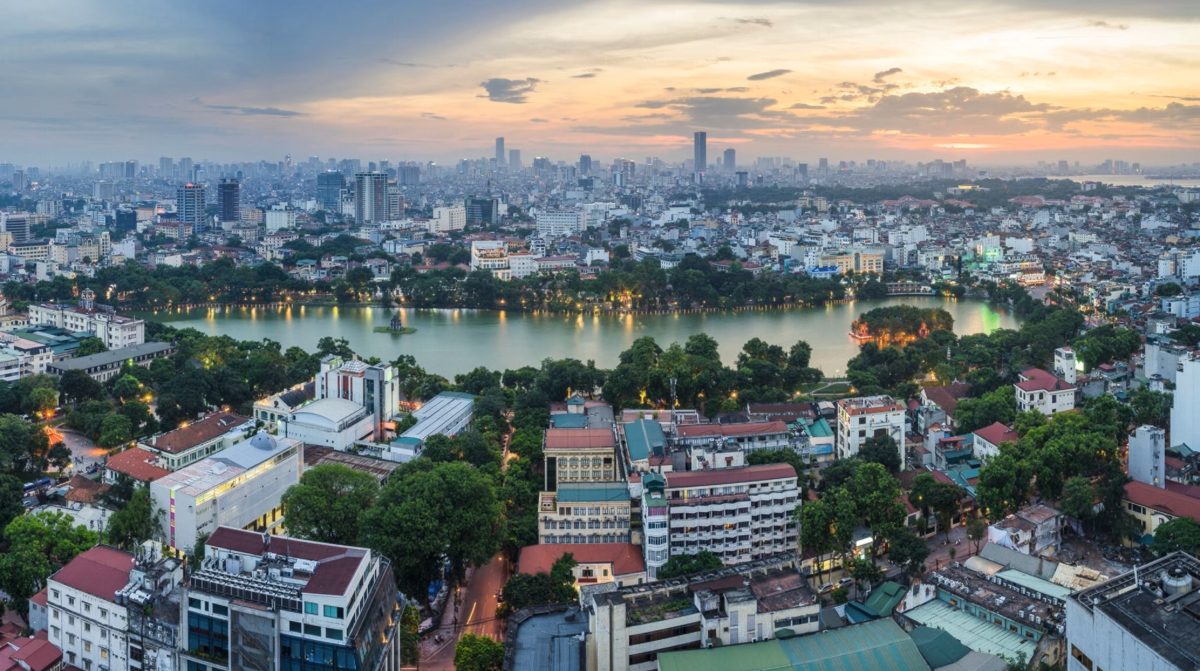
A SHIFT IN GLOBAL PRIORITIES
Across these top Asian destinations, a pattern emerges. Expats aren’t just chasing higher pay or exotic backdrops — they’re looking for affordable comfort, community, and purpose. As the cost of living rises in traditional Western hubs, Asia’s promise of opportunity and ease feels more relevant than ever.
In 2025, it seems happiness isn’t found in moving further up the corporate ladder, but in finding the right place to enjoy the view.


